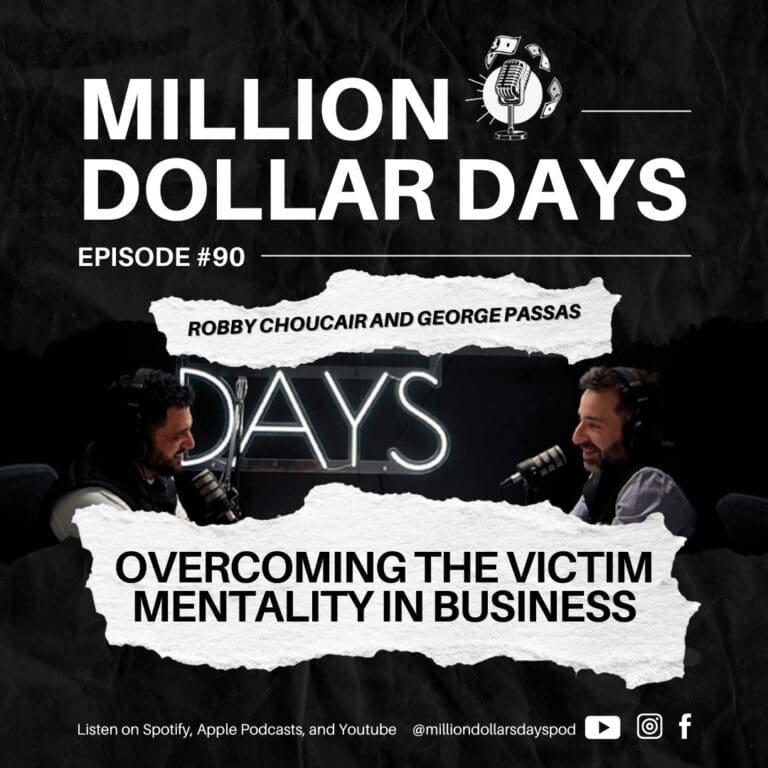The recent increase in Australia’s minimum wage by 3.5% and superannuation to 12% has sparked discussions about the pressures facing small businesses in today’s economic climate. While these changes present additional operational costs, the reality is that most struggling businesses face challenges that go far beyond these incremental increases.
Many small business owners enter entrepreneurship with enthusiasm but limited knowledge. They assume they’ll “crush it” and learn from their mistakes, taking the long road to success. What they often fail to realize is that their primary obstacle isn’t external factors like wage increases – it’s their own skill deficiencies, particularly in sales and business management.
The uncomfortable truth is that most businesses don’t deliver exceptional experiences. They provide mediocre products or services while complaining about how difficult the business landscape has become. This victim mentality provides an almost unconscious permission to fail: “Business is hard, so it’s not my fault that I’m struggling.” This mindset becomes a self-fulfilling prophecy that prevents growth and innovation.
Consider restaurants that serve subpar food at premium prices, or tradespeople who deliver poor quality work and then blame external factors for their failing businesses. The reality is that for every service – whether it’s making breakfast, serving pizza, or cleaning toilets – someone somewhere is charging premium rates and thriving. The question becomes: why aren’t you that person?
The transition from practitioner to business owner is where many entrepreneurs stumble. A skilled tradesperson isn’t automatically a skilled business manager. The skills that made you successful at your craft are entirely different from those required to run a profitable business. Managing employees, understanding tax obligations, pricing appropriately, and implementing systems require a completely different skill set.
Many business owners also make the critical mistake of undercharging. They feel guilty about raising prices or fear losing clients, so they continue serving numerous low-paying customers who often create more problems than profit. The wiser approach is to serve fewer clients at premium rates, providing exceptional service that justifies the higher price point.
Australia’s business ecosystem is designed to provide safety nets, which is both a blessing and a curse. This comfort can make entrepreneurs complacent rather than hungry. The most successful business owners maintain a level of discomfort that drives them forward – constantly setting new challenges and refusing to coast once they’ve achieved initial success.
The superannuation increase from 11.5% to 12% represents an additional cost of just $500 per year for an employee earning $100,000. This incremental expense shouldn’t be breaking any viable business. If such a minor cost increase threatens your operation, the problem lies not with government policy but with your business model.
Rather than focusing on these external factors, successful entrepreneurs invest in their education, seek mentorship, implement systems, and continuously improve their offerings. They understand that the government mandates like superannuation requirements actually benefit society by ensuring financial security in retirement – something most individuals wouldn’t adequately plan for independently.
The path forward for struggling small businesses isn’t to lament cost increases but to improve their fundamental business practices. Raise your prices if you deliver exceptional quality. Automate your finances to build wealth consistently. Educate yourself through books, courses, and mentorship. Embrace discomfort as a driver of growth. Most importantly, take responsibility for your business outcomes rather than blaming external circumstances.
